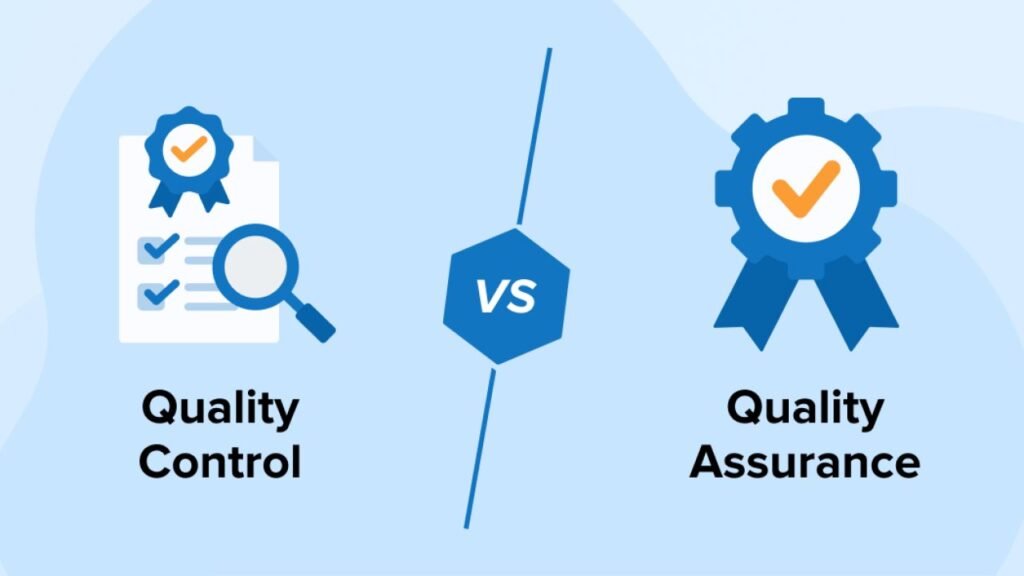In today’s competitive world, delivering a product that not only meets but exceeds customer expectations is critical for business success. This is where Quality Assurance (QA) comes into play. QA focuses on improving the processes used to deliver products, ensuring the end product meets the required quality standards. Unlike Quality Control (QC), which focuses on finding and correcting defects after the product is made, QA is about preventing defects throughout the entire lifecycle.
What is Quality Assurance (QA)?
Quality Assurance is a systematic process that ensures the delivery of quality in every aspect of production. It is a proactive methodology that aims to create an environment where errors are minimized by enforcing process standards and improving methodologies.
Why is QA Important?
- Prevents Defects: QA ensures that processes are optimized to prevent defects before they occur.
- Cost-Effective: Catching issues in the early stages of product development reduces the cost associated with fixing defects later in the cycle.
- Customer Satisfaction: QA helps in delivering high-quality products that meet or exceed customer expectations, leading to higher customer satisfaction.
- Continuous Improvement: It encourages constant evaluation and improvement of production processes.
Quality Assurance in Software Development
In software engineering, Quality Assurance plays a pivotal role in ensuring that the software developed meets both functional and non-functional requirements. It involves test planning, verification, validation, and process audits throughout the Software Development Life Cycle (SDLC). QA helps in identifying bugs, improving performance, and ensuring the security of the software.
Key Benefits of Software QA:
- Reduced Development Costs: By identifying issues early, the cost of fixing defects is minimize.
- Increased Efficiency: Proper QA ensures streamlined development processes, increasing efficiency.
- Higher Software Quality: Ensures that the software is bug-free, secure, and reliable.
5 Definitions of Quality in QA
Understanding quality is crucial for any QA process. Here are five definitions of quality that shape how QA is implement:
- Conformance to Specifications: A product that adheres to the predefine specifications and standards is considere high quality.
- Customer Satisfaction: The degree to which a product meets customer expectations.
- Consistency: Delivering the same level of quality consistently in every product or service.
- Fitness for Use: Ensuring that the product serves its intended function without failure.
- Excellence: Striving to go beyond basic requirements to deliver outstanding products.
Key Elements of a QA Process
- Process Documentation: Defining and documenting processes to standardize practices across the organization.
- Auditing and Review: Regular audits and process reviews ensure adherence to established standards.
- Continuous Monitoring: Monitoring processes and implementing changes where needed ensures ongoing quality.
- Training: Ensuring that all employees are train to follow establish quality procedures.
Read More: Top SaaS Companies: The Power of B2B SaaS Transforming Businesses in the Digital Era- Click Here
Conclusion
Quality Assurance is a vital part of any business, enabling companies to deliver superior products, reduce costs, and build trust with customers. Whether in software development or manufacturing, QA ensures that every process in the production chain meets predefined quality standards. Investing in QA is not just about compliance; it is about building a sustainable business model focused on customer satisfaction and process excellence.










